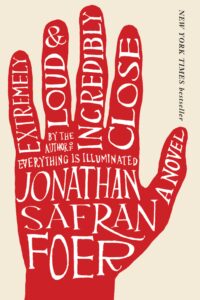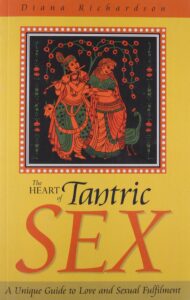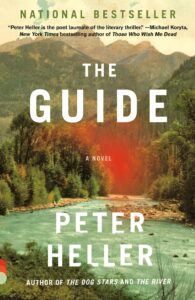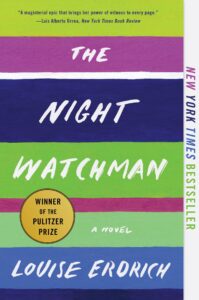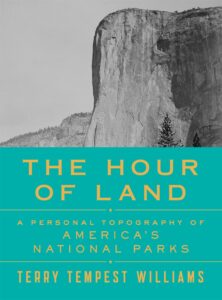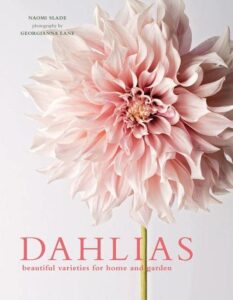Balli Kaur Jasmal
Fiction 2017 | 298 pages
![]()
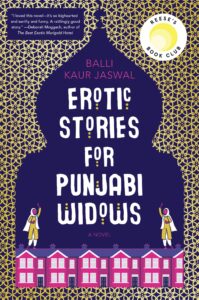
This is a delightful read! (Thank you, René!)
Nikki, about 22 years old, lives alone in London and tends bar at the local pub, having quit law school to figure out what she wants to do with her life. Of Indian descent, she has spent her years distancing herself from the traditional Sikh community of her childhood, even as her sister Mindi decides to seek an arranged marriage. Trying to find herself, and also wanting to be of service, Nikki takes a job teaching a brand-new creative writing course that is marketed to widows at the community center in the heart of London's closed-knit Punjabi community, Southall.
However, the women who arrive are not literate. Nikki goes in search of "learn your ABC's" books and is disappointed she will not be teaching creative writing. But then she discovers that, while they cannot write, these women can tell stories, and especially fantasies ... sexual fantasies. Some are made up; some they experienced when their husbands were alive. News of the class gets out and more and more women come. News also travels to the Brotherhood, a group of highly conservative young men who have appointed themselves the "morality police" in Southall.
Lest you think this is just some sexy, light reading, that is only the stage for exploring patriarchy, indoctrination, cultural and societal norms, and the unsolved and unattended murders of young women. This is a thought-provoking tale about East-meets-West, with several important subplots. The diversion into steamy stories helps to normalize the characters and to remind us of our similarities as well as our differences.
The eroticism is lively and sexy. The story line is serious and educational. The seven or eight erotic stories play a decidedly positive role in the relationships of women who are still with men.
I surely recommend this book!
January 2023


